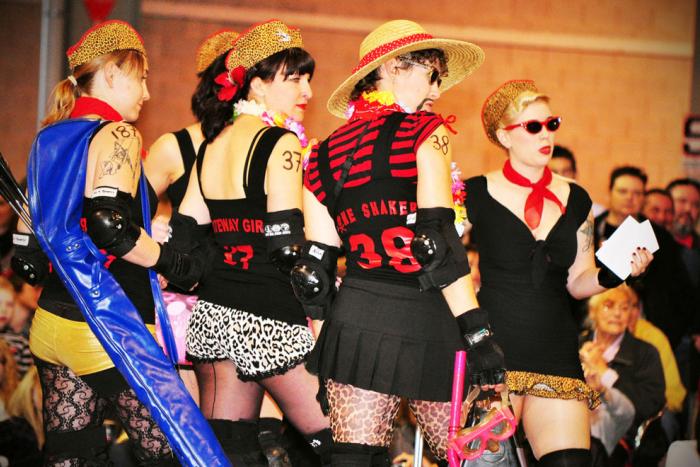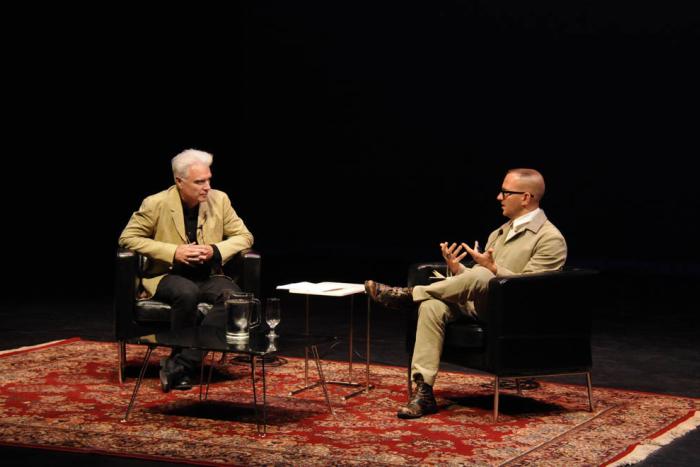“Surprised” is not a word that should readily spring to the lip when the shortlist for a literary prize is announced. “Appalled” works. “Disappointed” will do. (Last year’s Booker shortlist was considered so lowbrow that a certain infuriated segment of the industry threatened to institute a new prize to celebrate more literate writing.)
“Surprised” should not occur, even to jaded insiders who think they can augur the tastes of the jury in whose hands the decision rests. No one should ever be surprised at what a jury can come up with, especially in a field as diverse and subjective as fiction. That does not stop a lot of people who should know better from sniping at inclusions and bemoaning omissions.
After all, anyone who would even consider reading 150 books of fiction in a year is not coming into the process without some defined sense of quality, and anyone who actually read that many books in such a short period of time could surely be expected to want their opinions heard and respected, and to defend their choices tenaciously.
And it’s not as though the judges are rounded up at your neighbourhood book club; the Booker panel consists of five esteemed personages, and no one would dream of suggesting that this year’s Giller Prize jury, which includes former Booker Prize winner Roddy Doyle, lacks credibility or qualification. And both of these crews have only the crop that has been delivered within the given year. Fiction is like wine in that regard. Some harvests are better than others.
At some point the members of these groups must find some area of agreement, first creating a shortlist and then picking a winner. That’s where the fun begins. (It doesn’t always end there; in 1994 Booker judge Rabbi Julia Neuberger went on record as saying that the winning book, James Kelman’s How Late It Was, How Late, was “unreadably bad.”) If you’re a budding novelist I suggest that it’s safe to say that having one judge love your book is no guarantee of a win, while having one judge hate your book pretty much kills your chances. And it doesn’t even have to be your book. It might be yourself, if in a moment of drunken exuberance you pissed on a judge’s shoe, or if, in a moment of jealousy or spleen you wrote a scathing review of the novel of the judge’s nephew. It’s a small world.
But even if that last part is paranoid fantasy on my part, there is no doubt that there is something almost purely arbitrary about the shortlist, and the eventual winner, which is why we booksellers get so excited at this time of year.
For us these lists are a very valuable tool. Juries sell books for us, and they initiate conversations about books for us, and they allow us to promote some of the books that were passed over. Lawrence Hill’s Book of Negroes did alright, despite its notable absence from the Giller shortlist; Yann Martel’s Life of Pi, also snubbed by the Giller jury, went on to win the Booker Prize.
If there are complaints about the shortlisted books or the eventual winners, it is because we all, booksellers and readers alike, want the prizes to maintain their luster. We want these winners to be books to cherish.
As the judges weigh craft against narrative it is easy for us to forget that the exertion required of them to make their way through such a mountain of prose is enormous, and must seem at times overwhelming. It’s not a task that I could even imagine undertaking.
I’ve done somewhat similar jury duty myself in the past, but nothing of this volume or significance. I can assure you that juries assume their own direction and velocity. It’s always flattering to be asked to be on a jury, but I can tell you from bitter experience that if you find yourself on the short end of a split decision and find yourself seriously troubled by the final choice you just have to suck it up. (And perhaps think twice the next time you’re asked.)
The judges know full well going in that somebody will be bitching about their decisions. So whether we ultimately agree with their choices, this much is clear: we owe them all an immense debt of gratitude, and a little respect.





